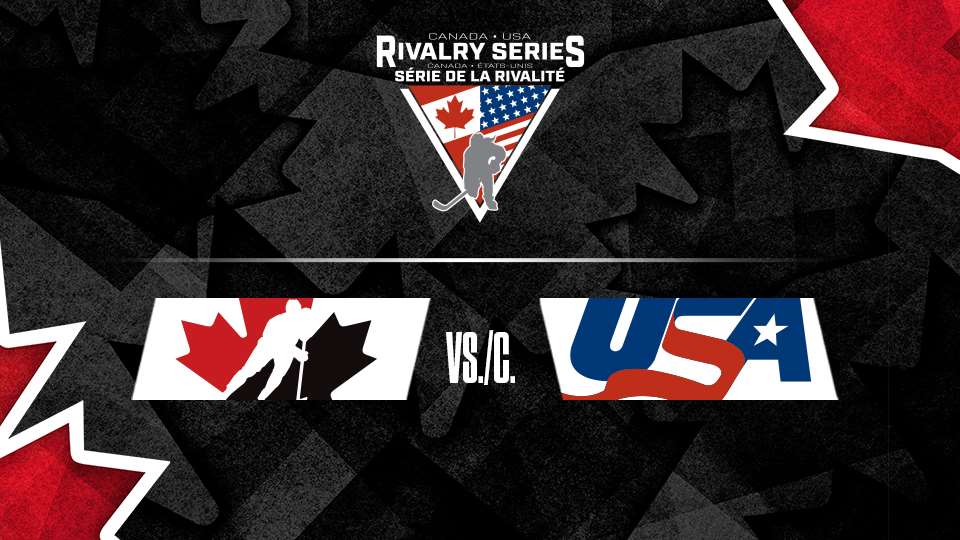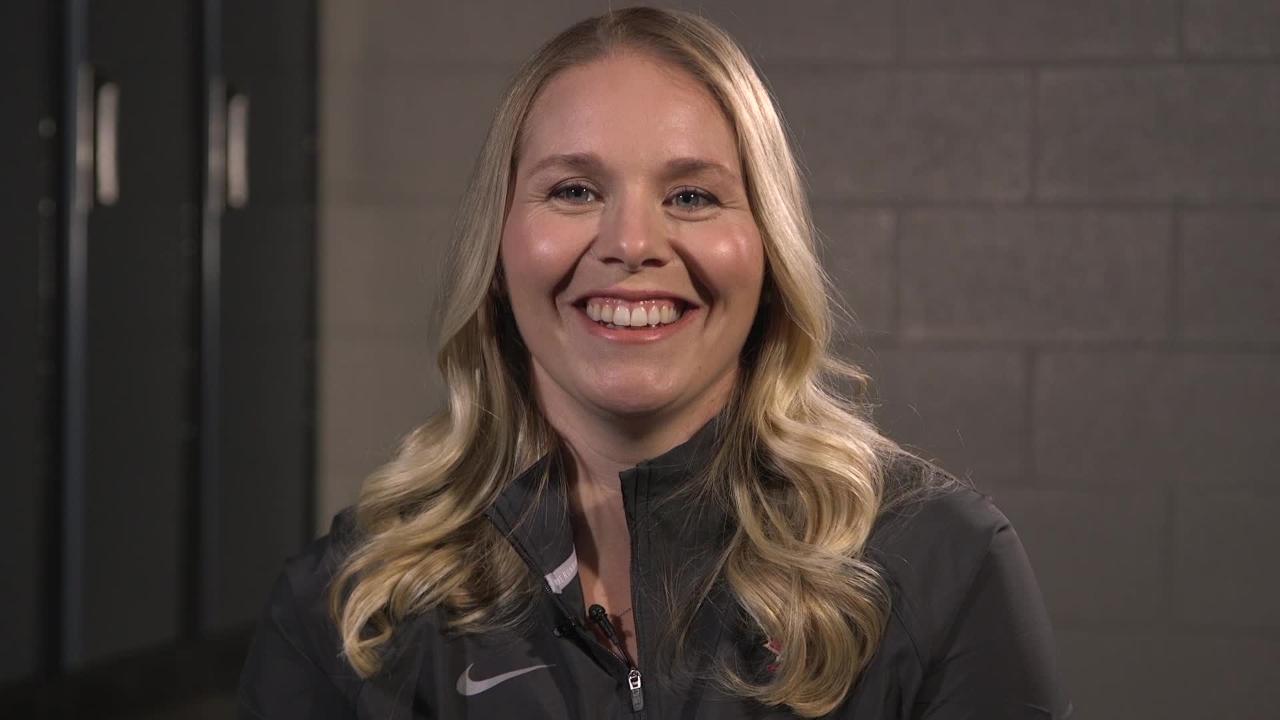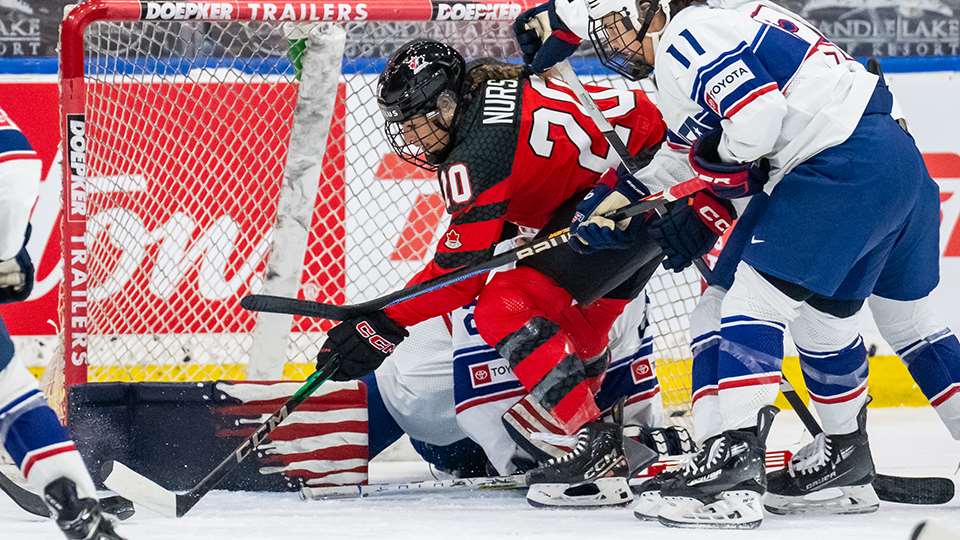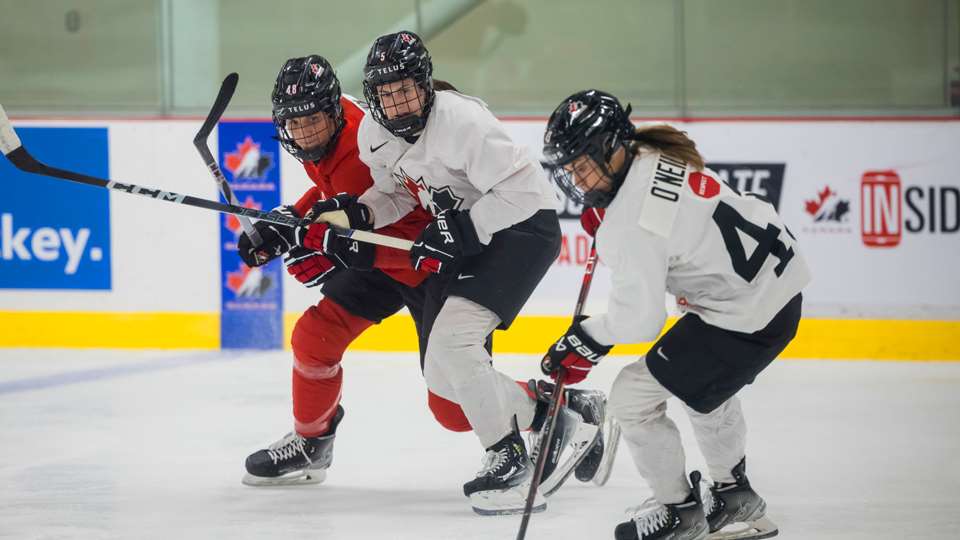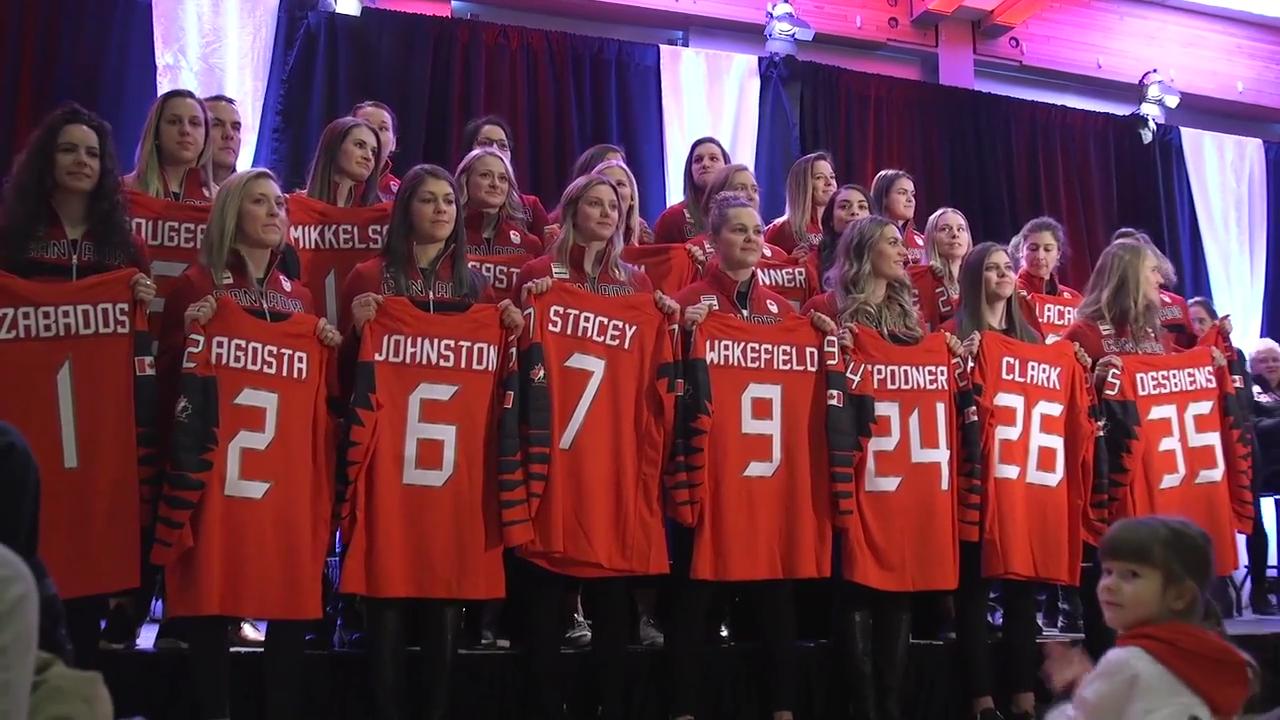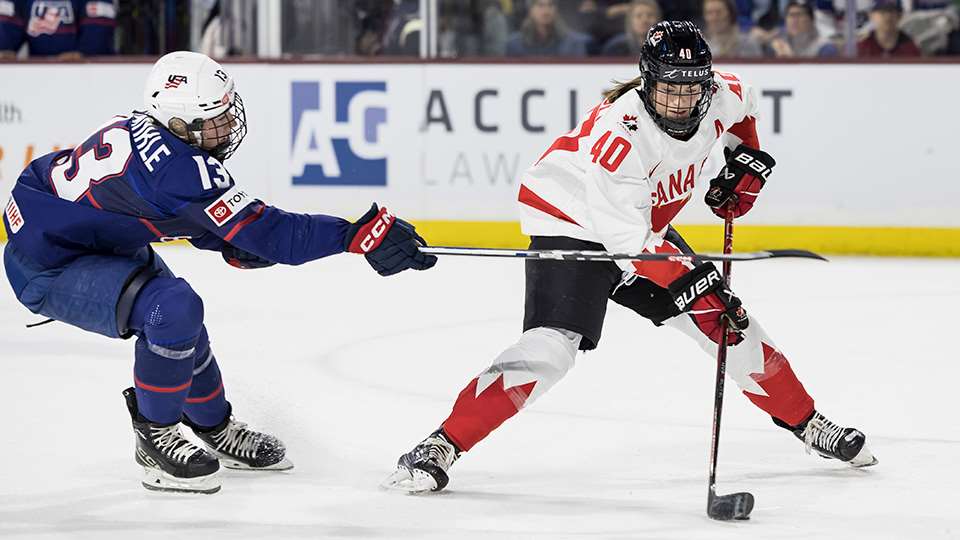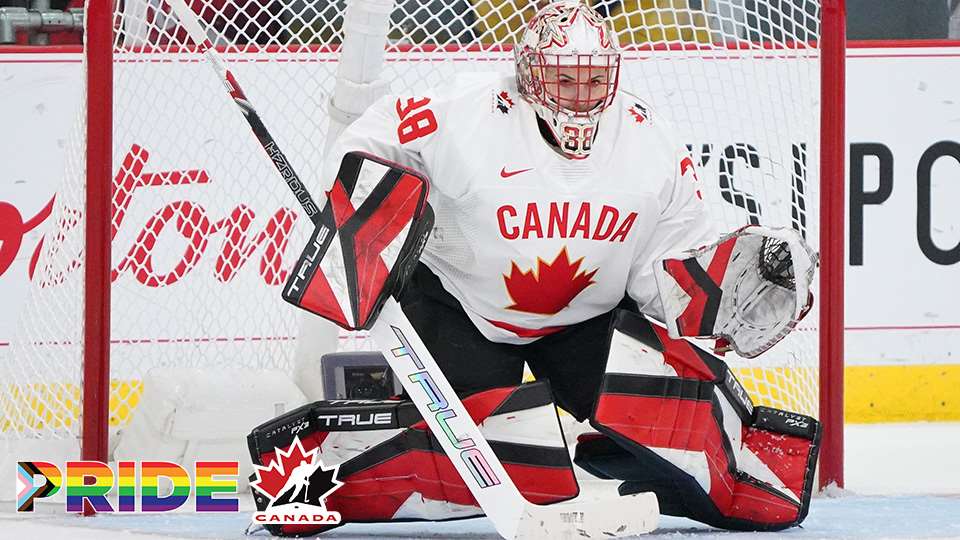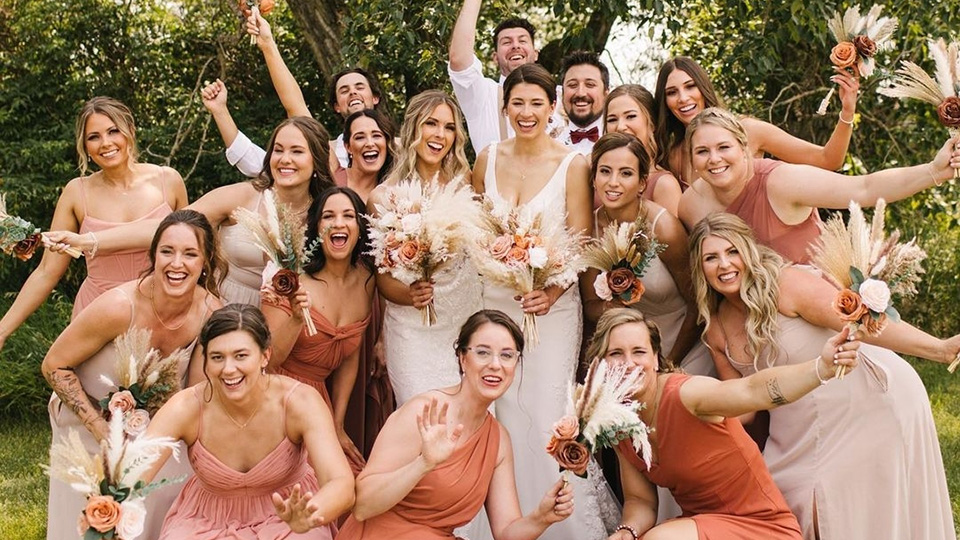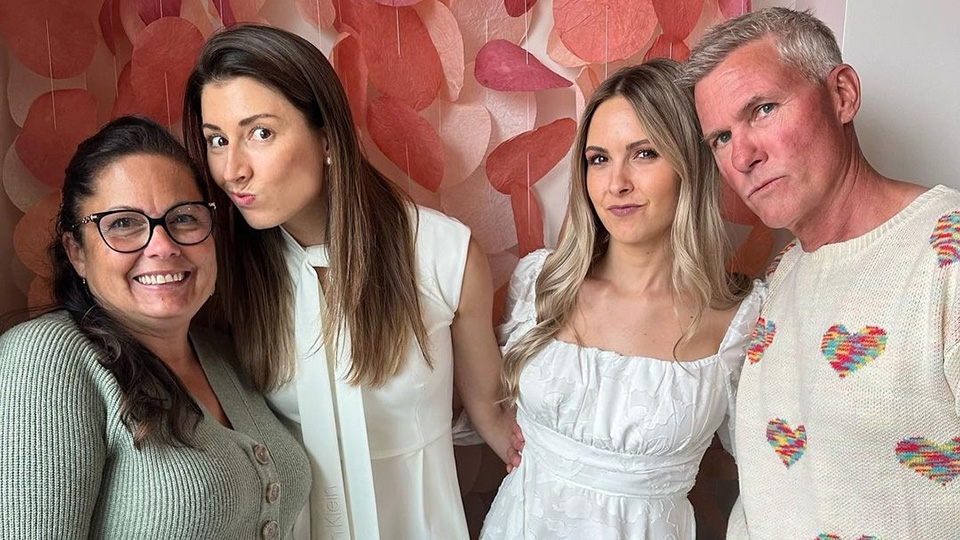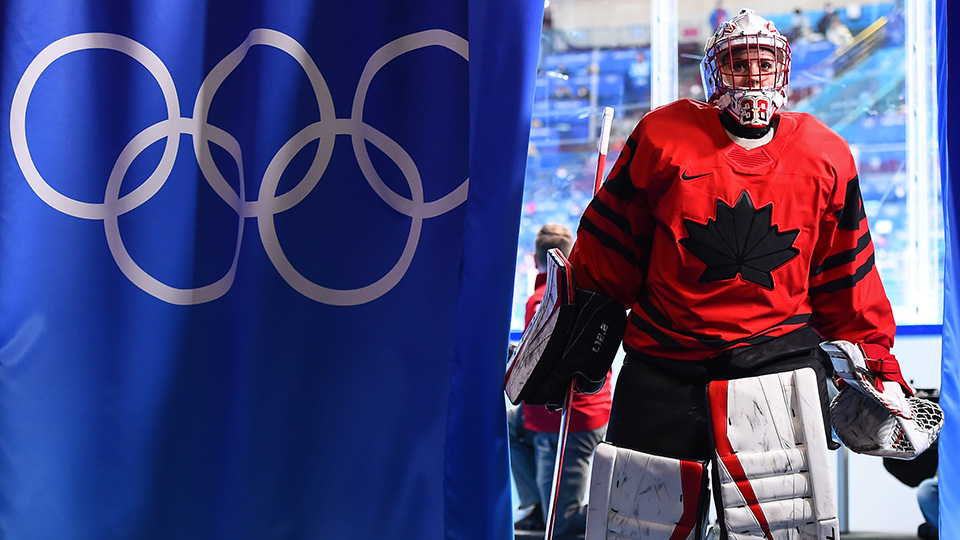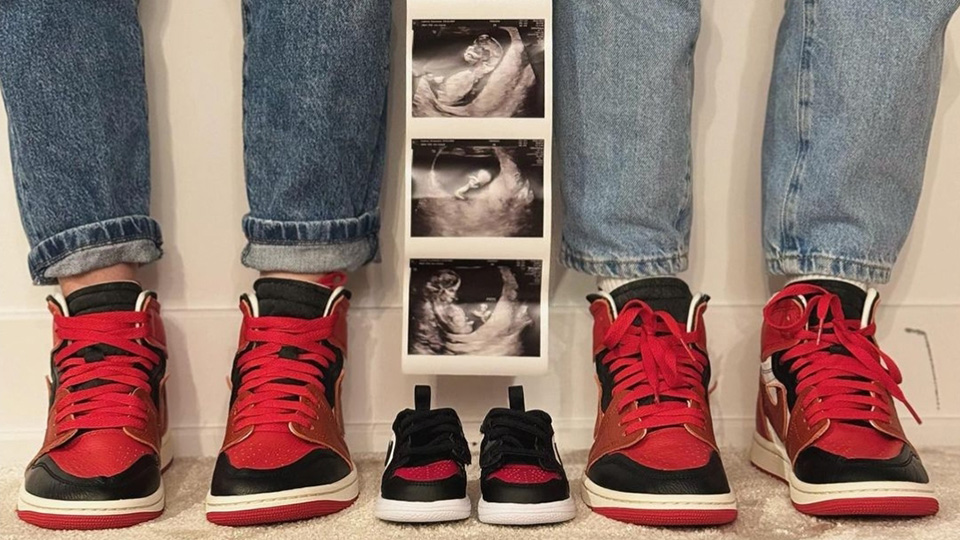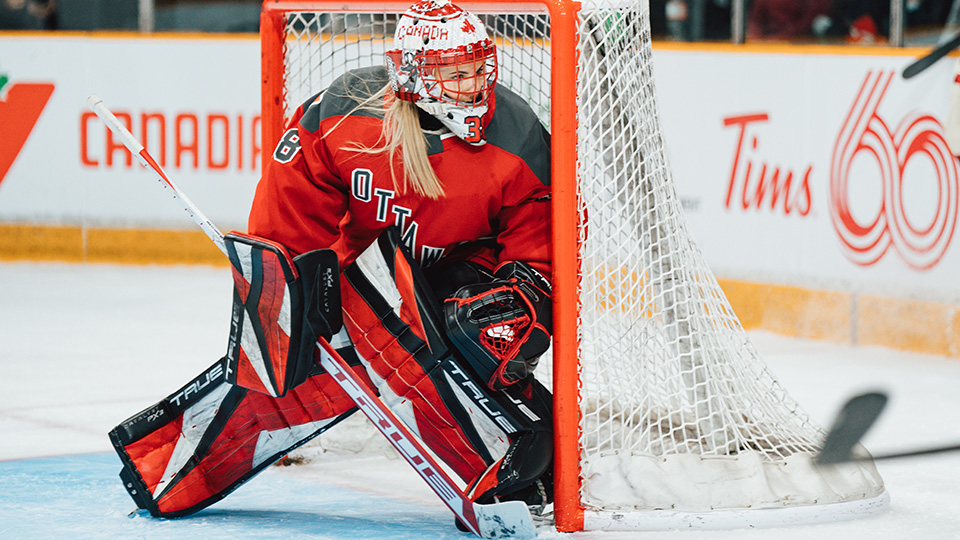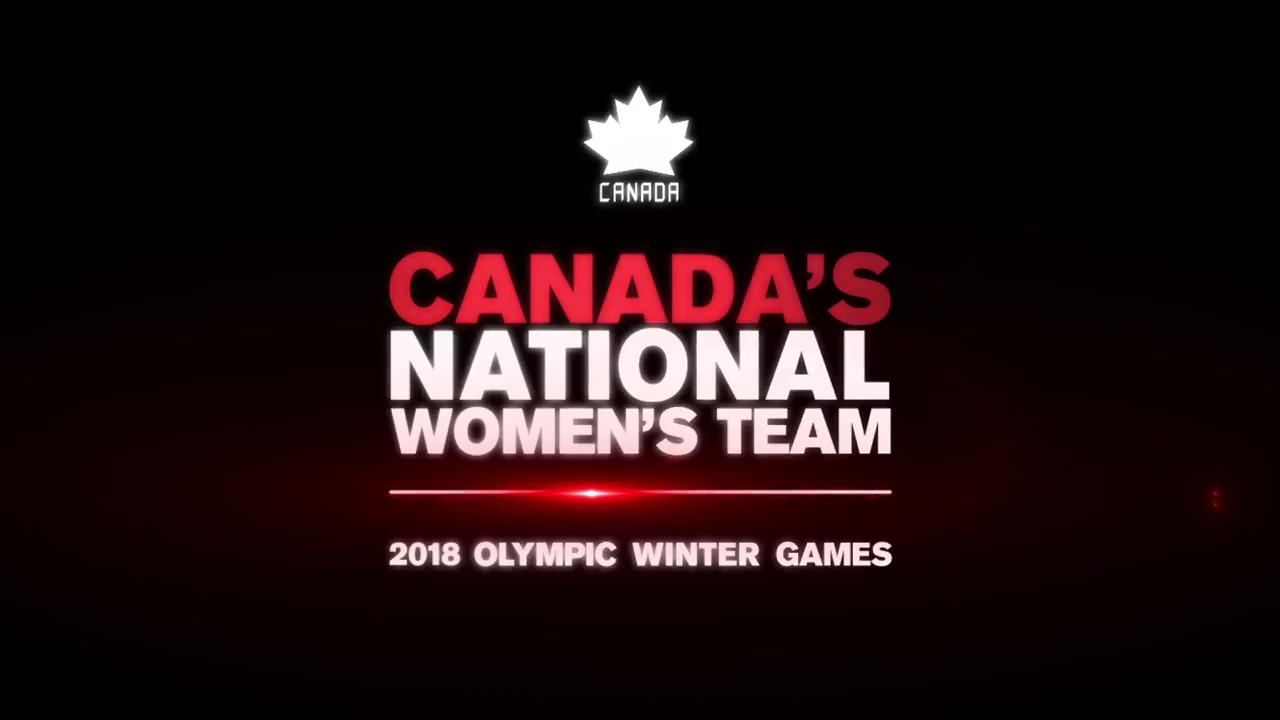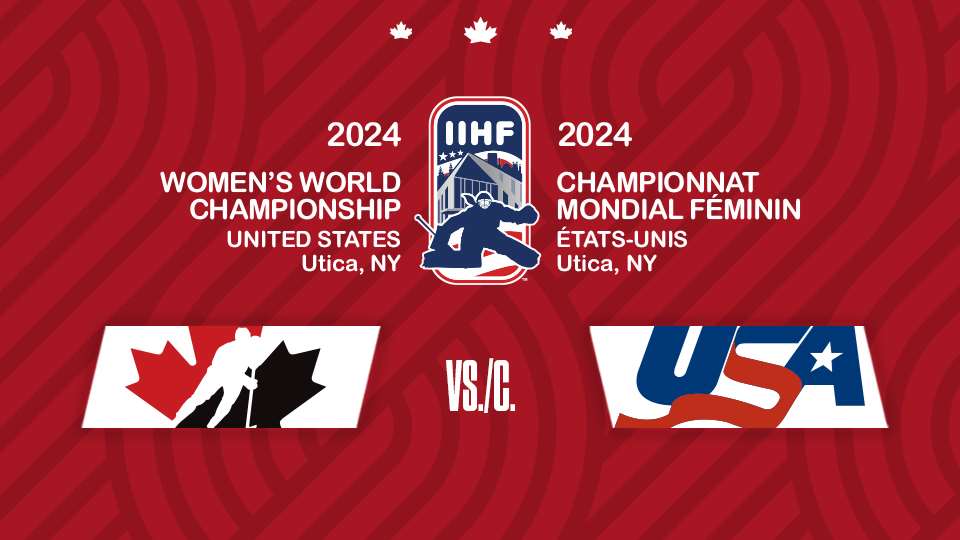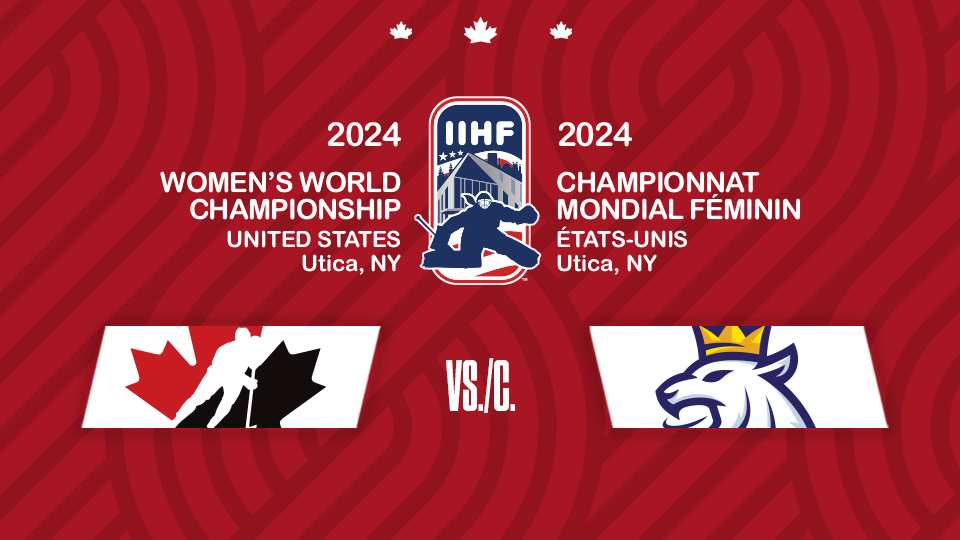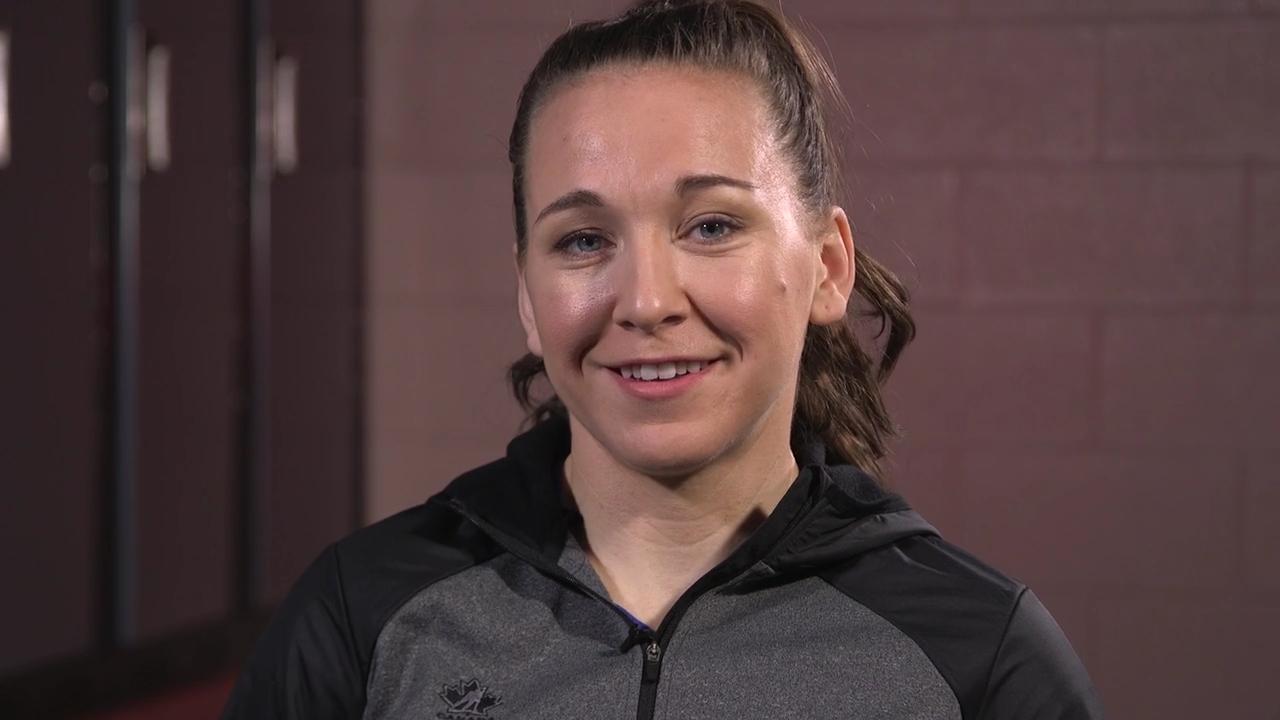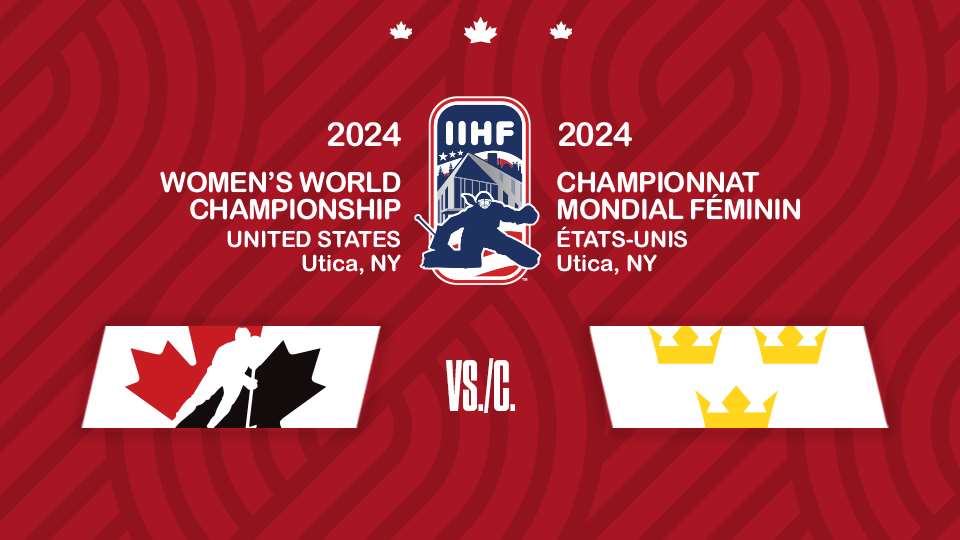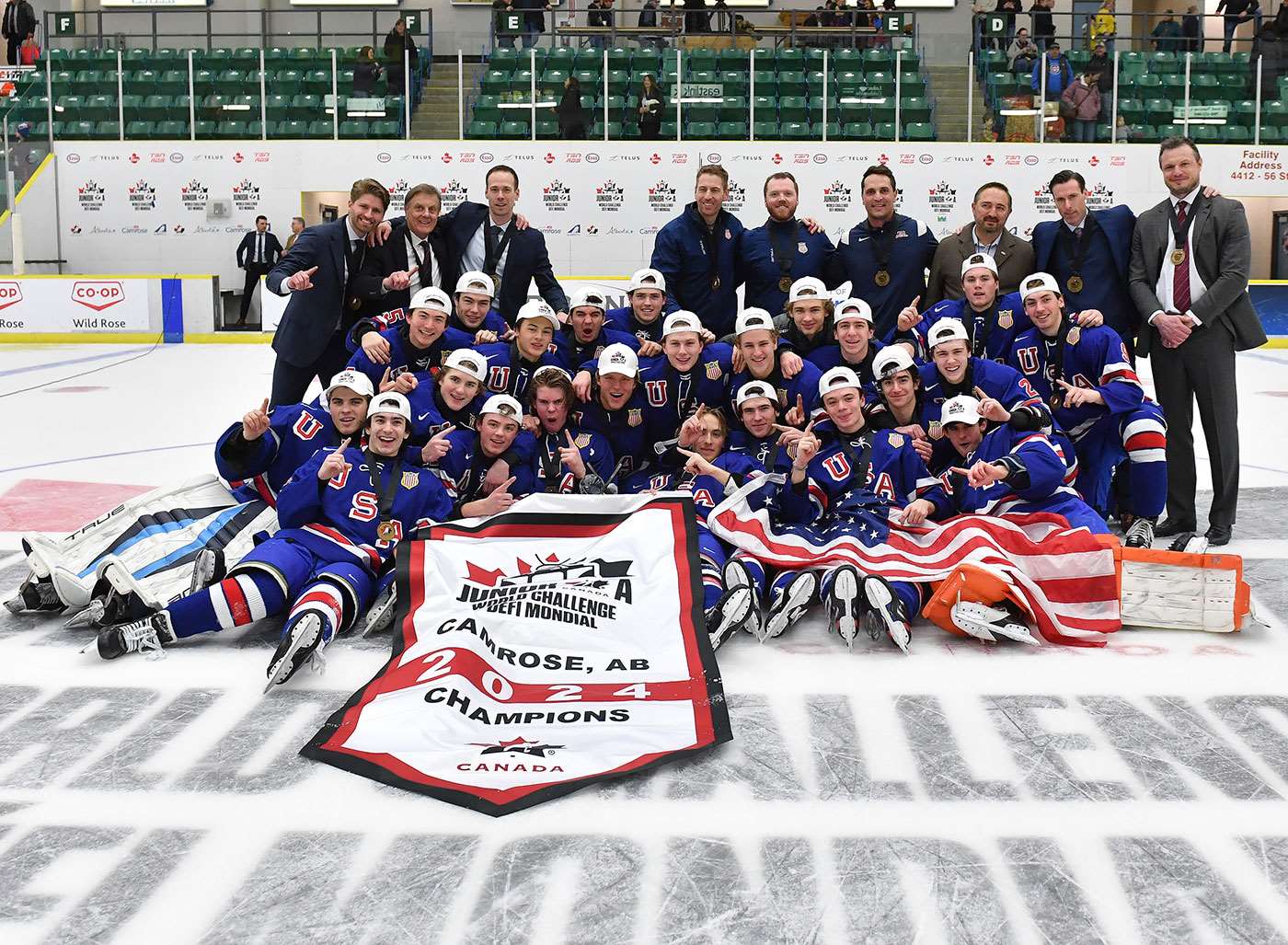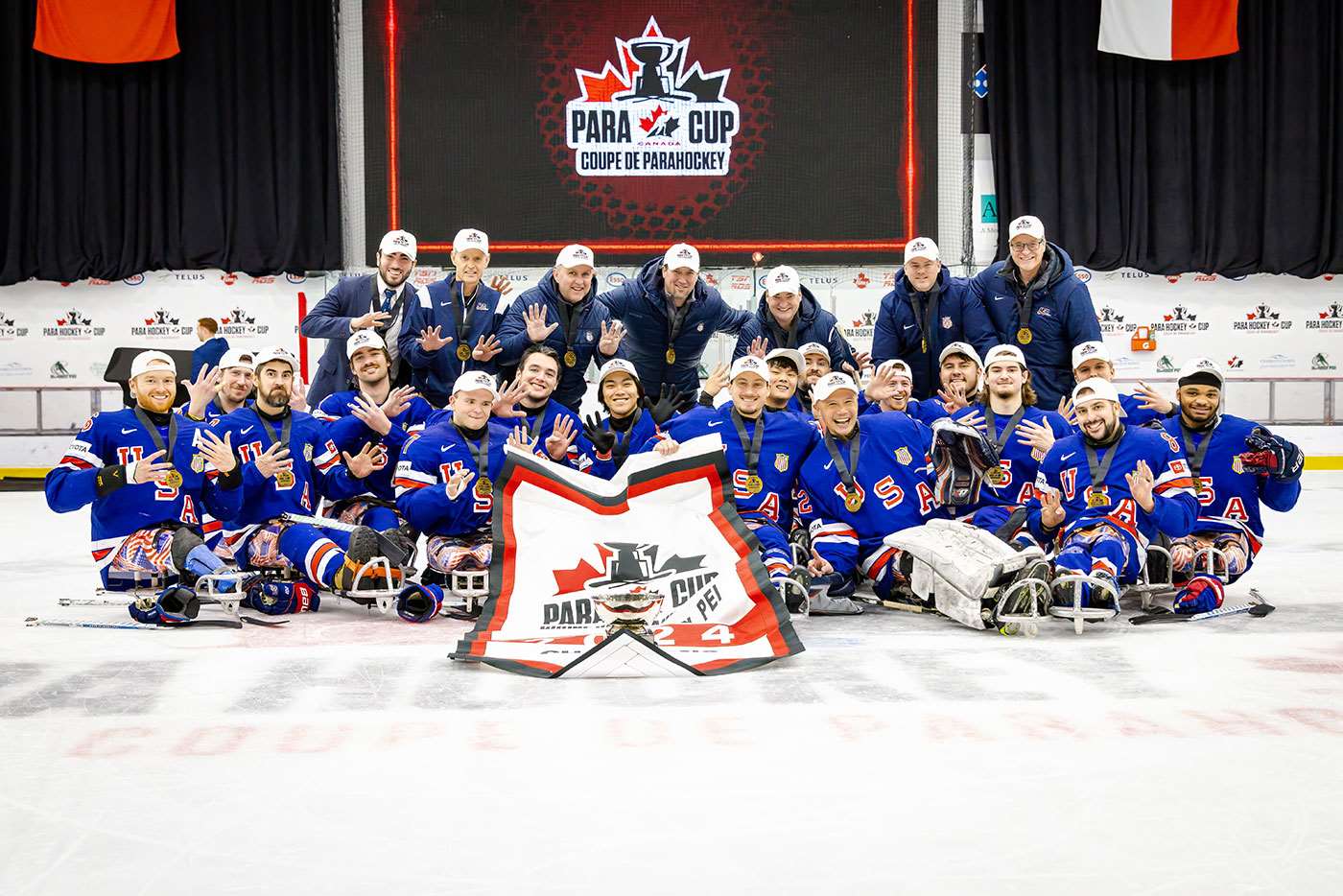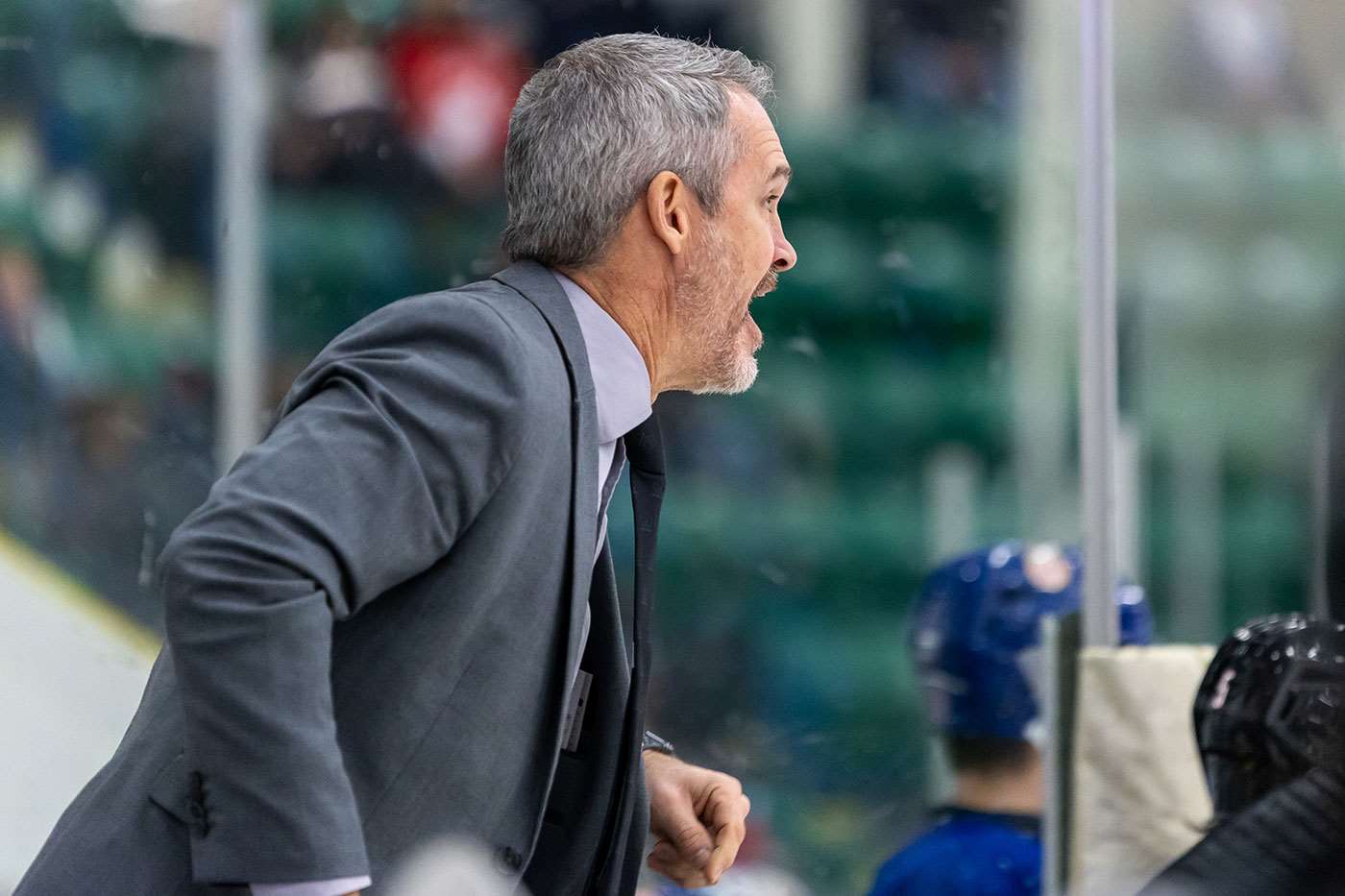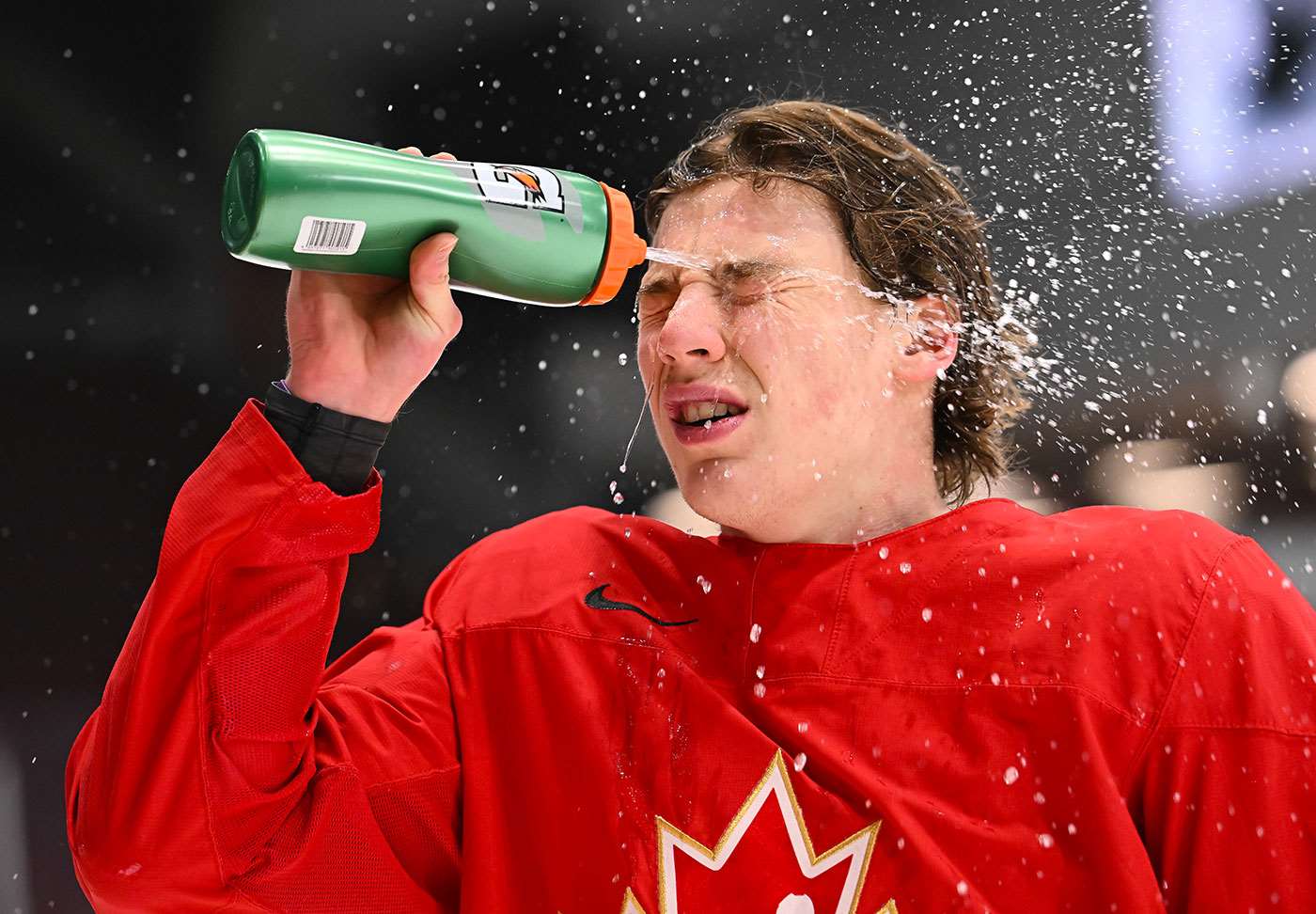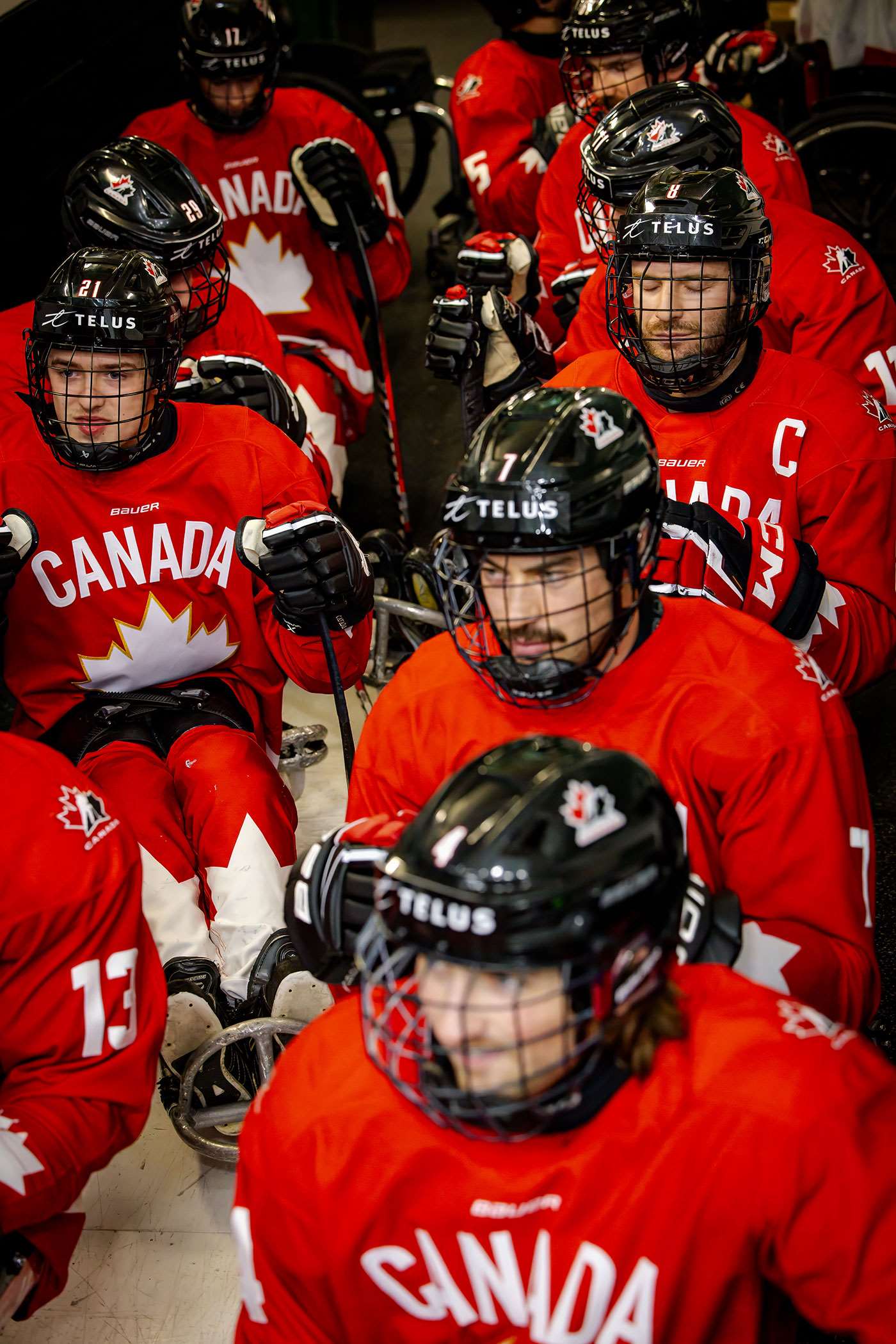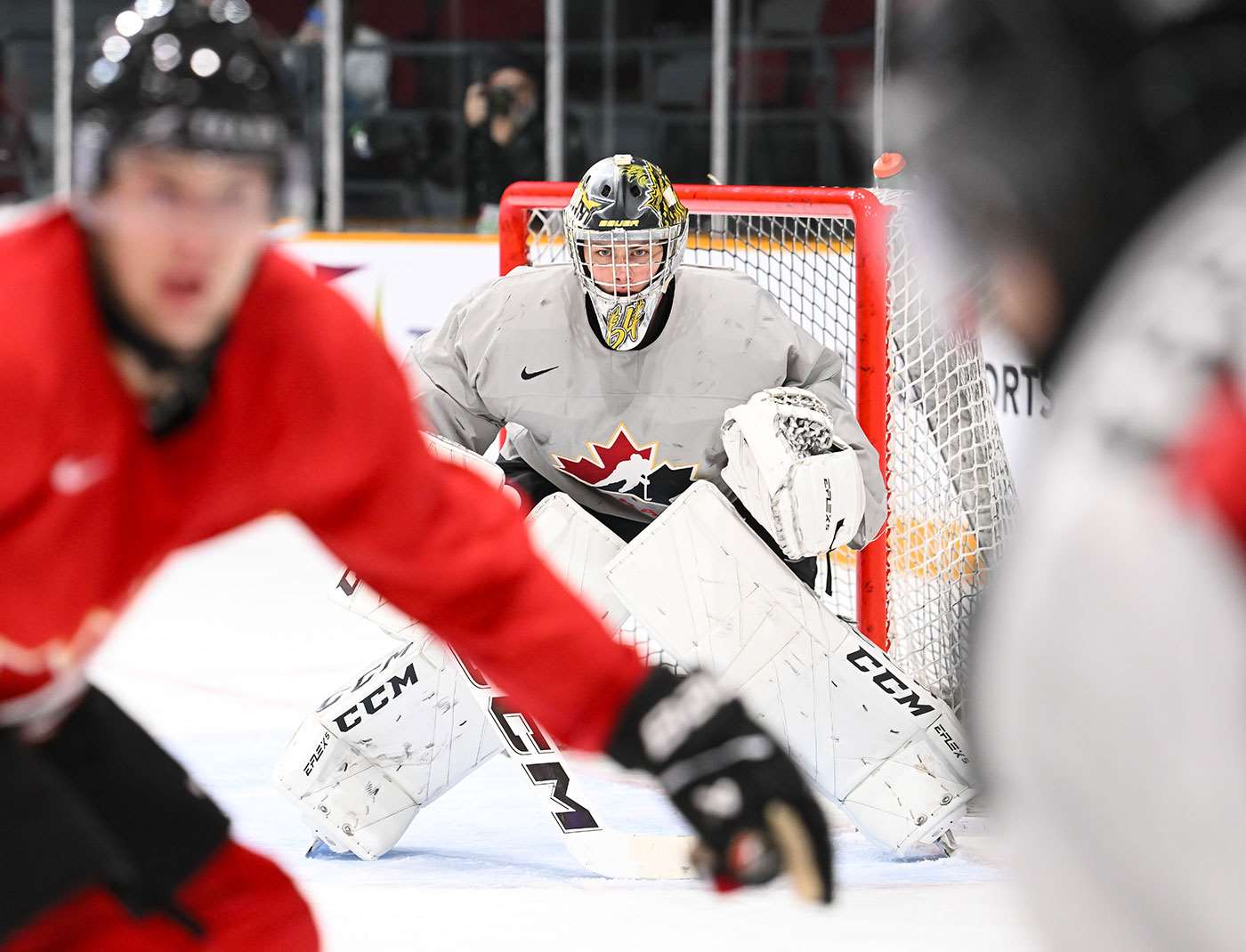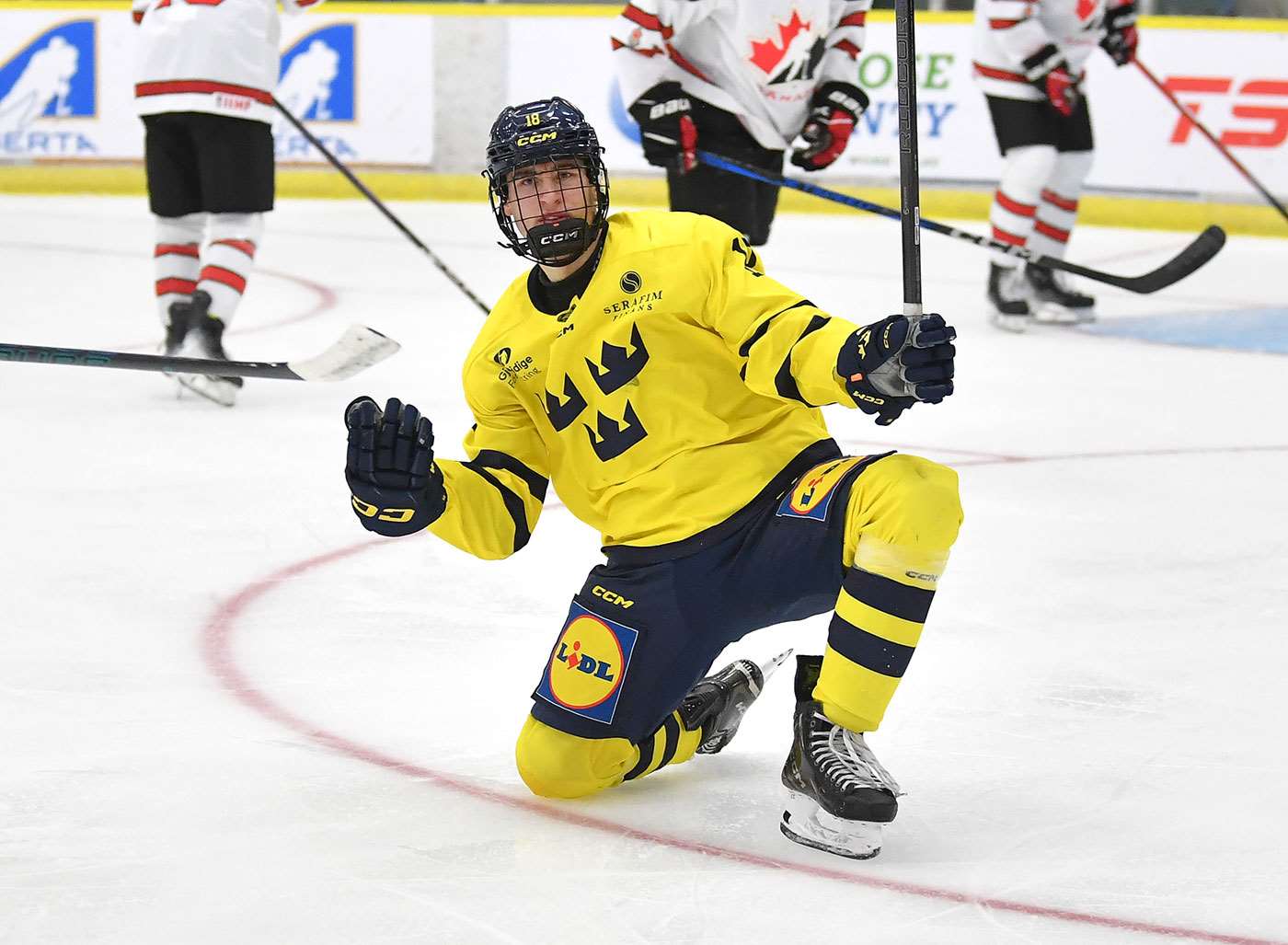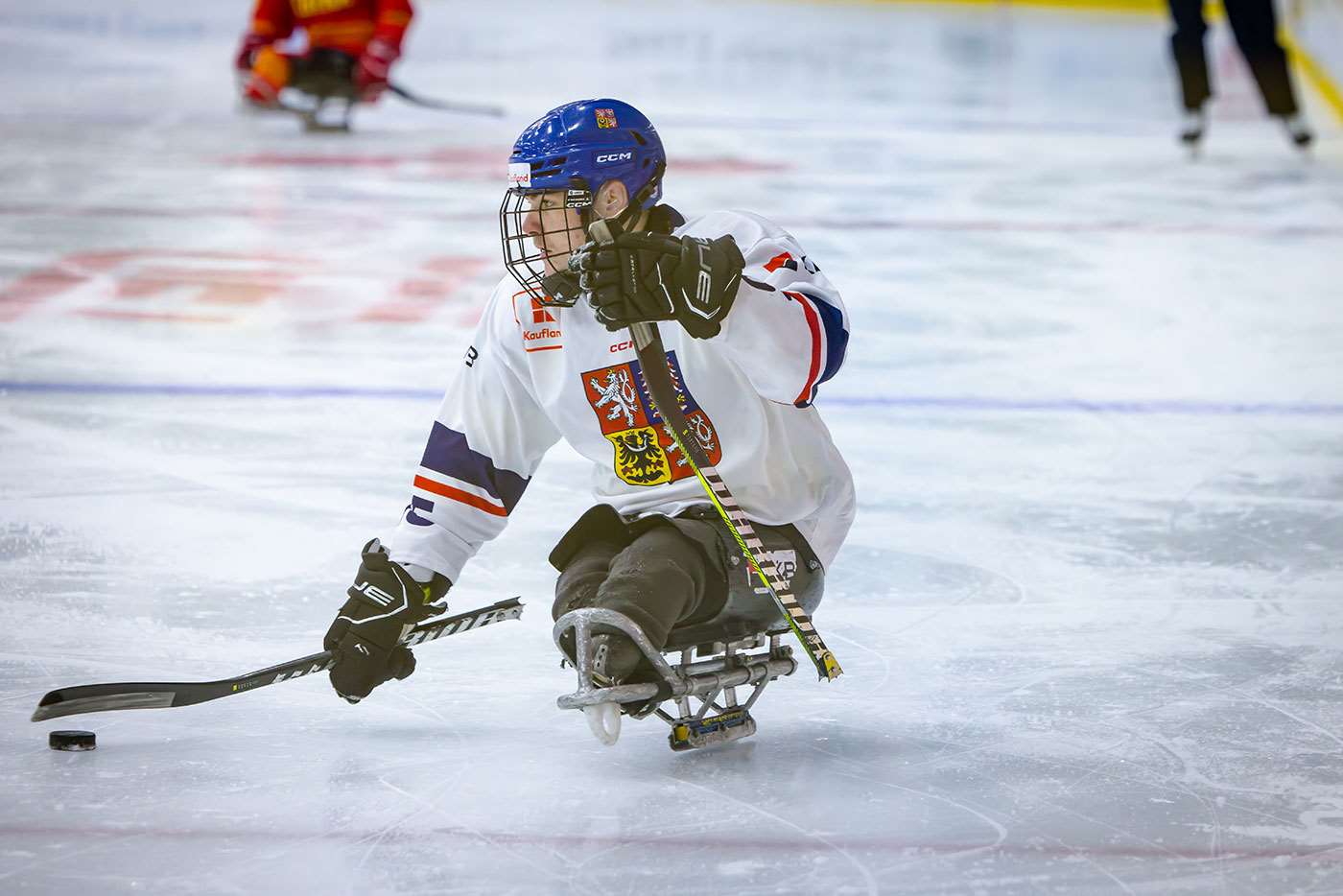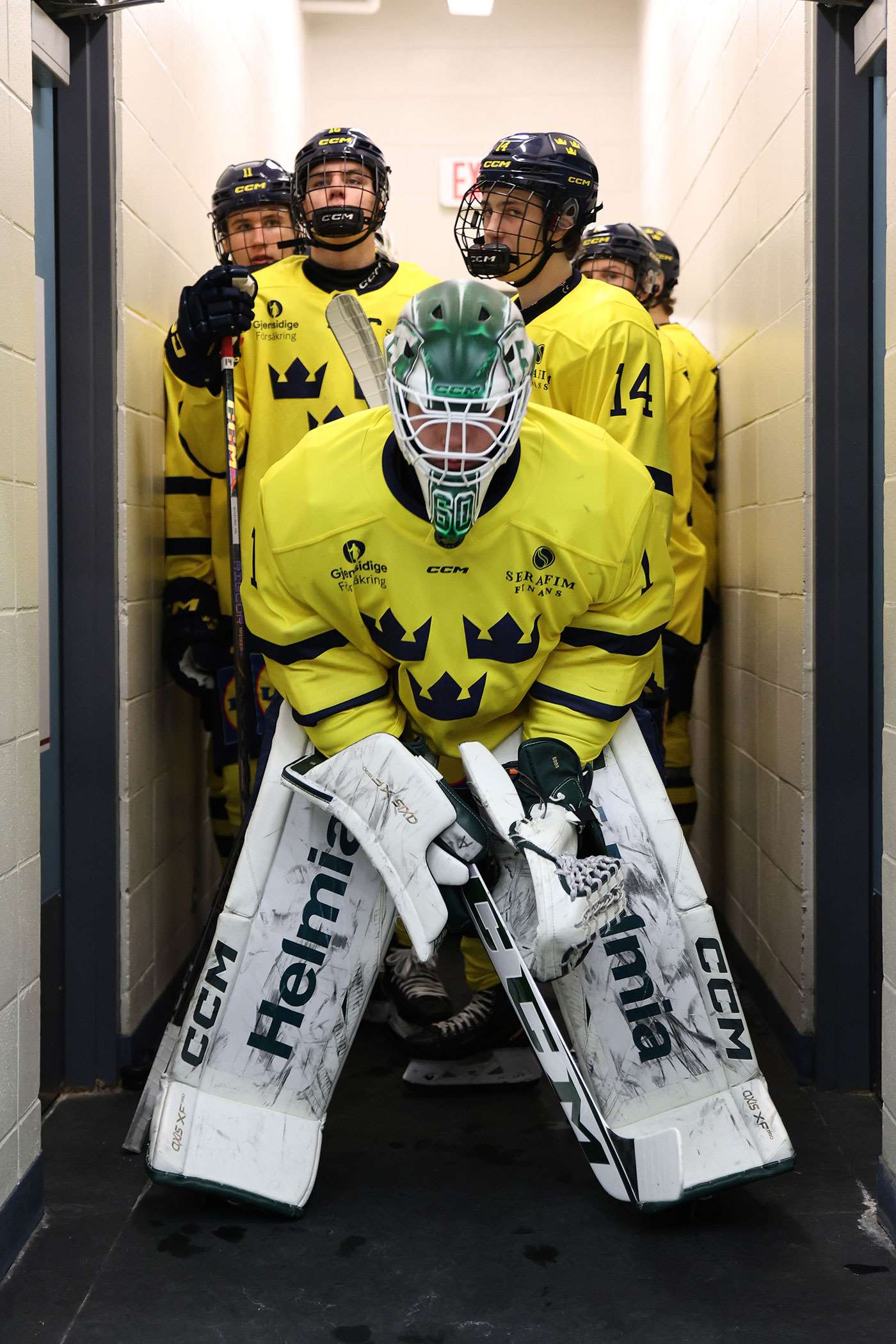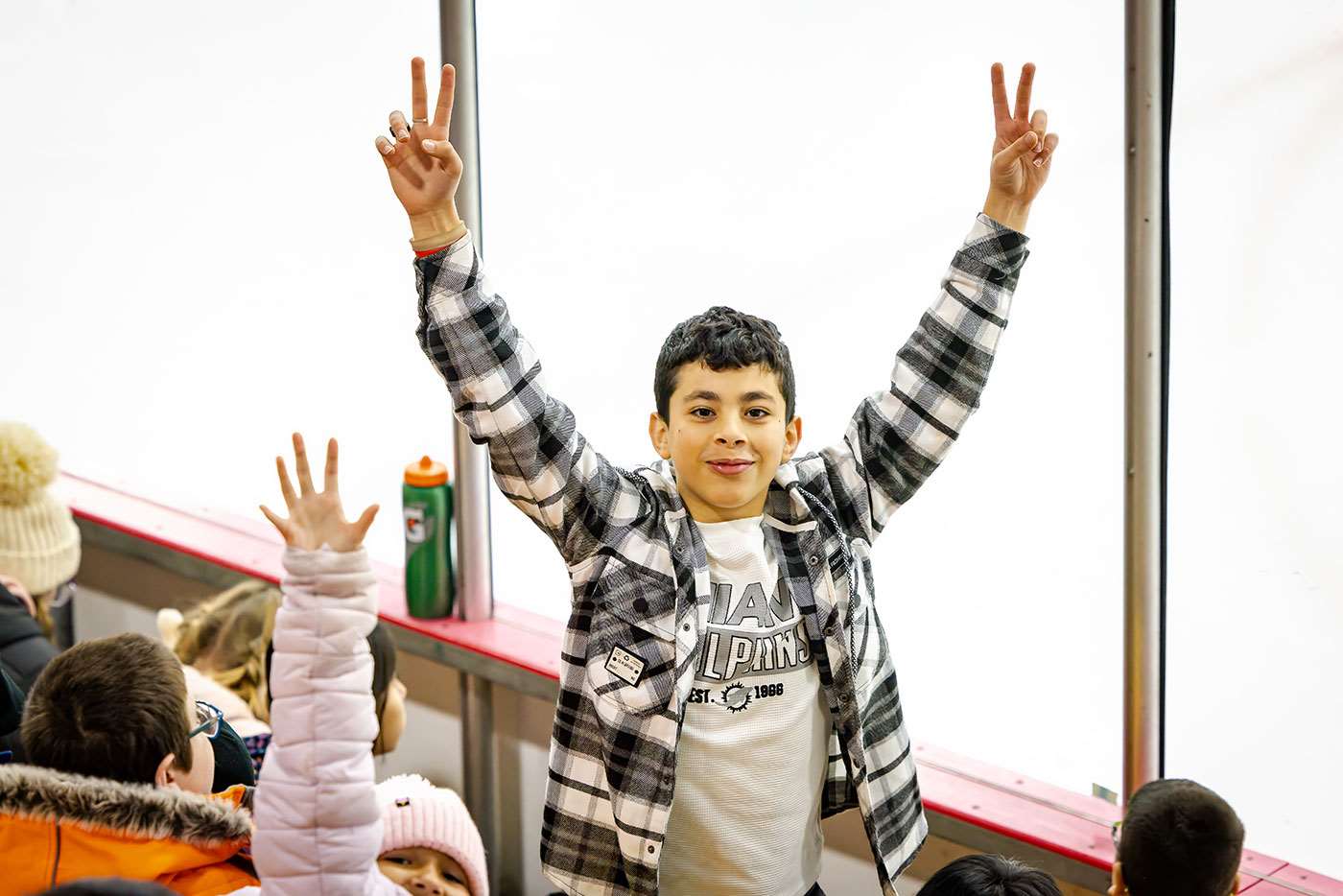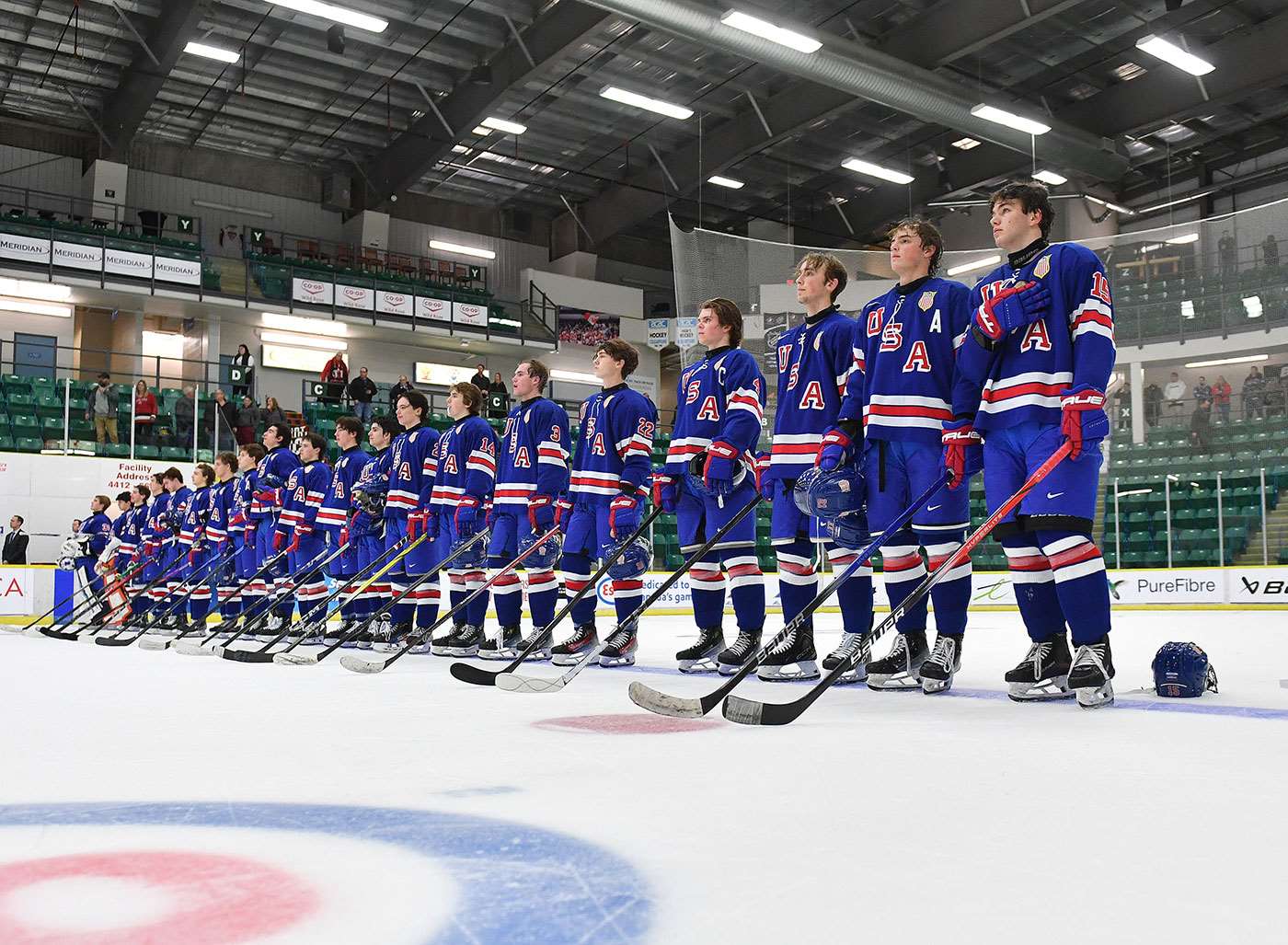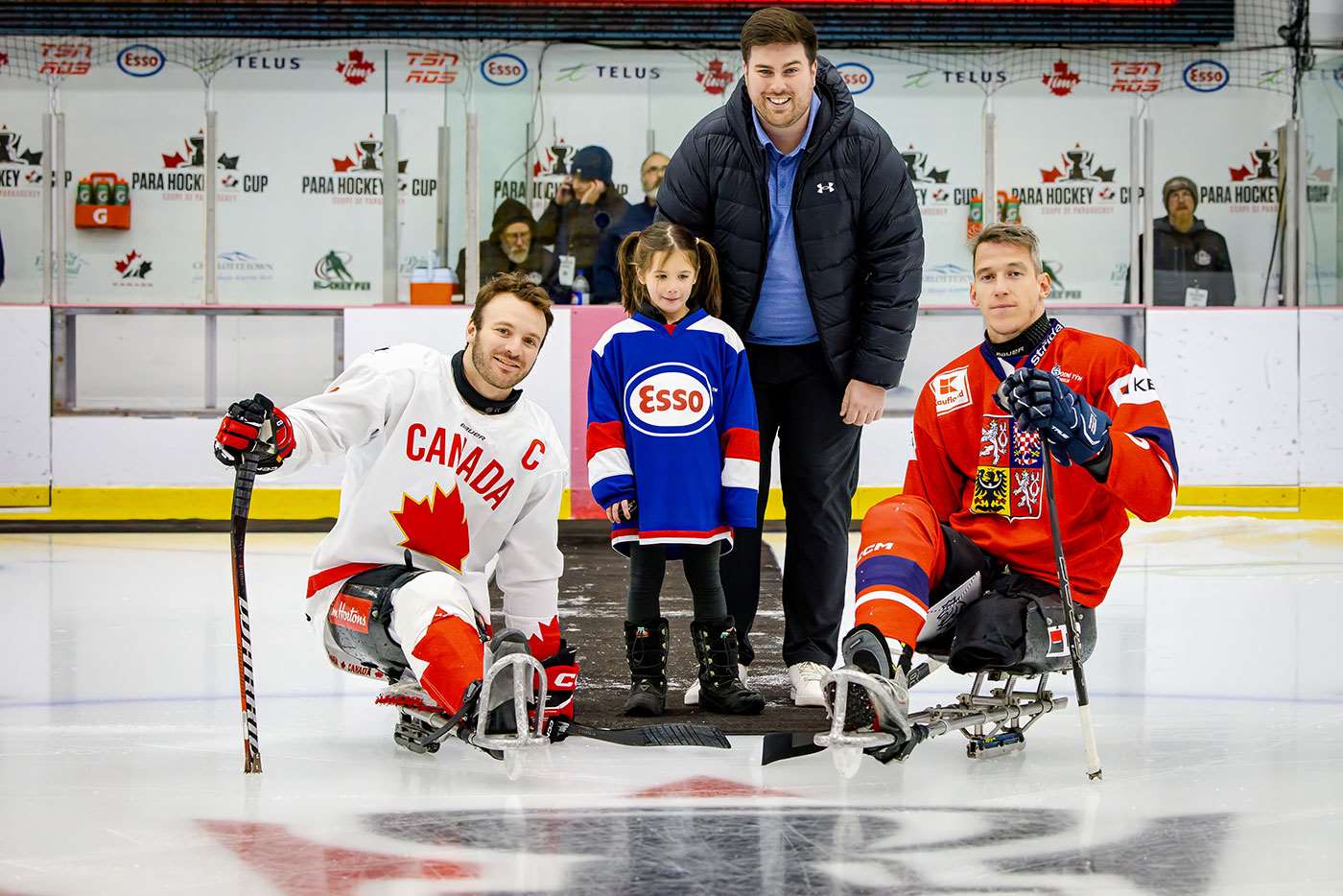
Schedule
Team Canada (Men)
IIHF World Junior Championship | Dec. 26, 2024-Jan. 5, 2025
Spengler Cup | Dec. 26-31, 2024
4 Nations Face-Off | Feb 12-20, 2025
IIHF U18 World Championship | April 23-May 3, 2025
IIHF World Championship | May 9-25, 2025
U17 World Challenge | Nov. 3-9, 2024
Hlinka Gretzky Cup | Aug. 5-10, 2024
Junior A World Challenge | Dec. 9-15, 2024
National Junior Team vs. USPORTS | Dec 12-13, 2024
Search
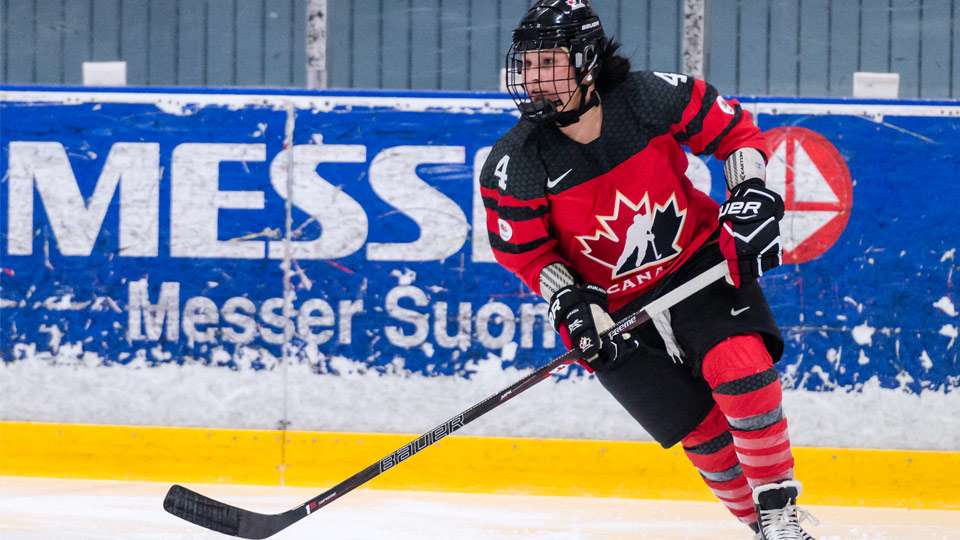
Heritage lends a helping hand
Chasing her Olympic dreams again, Brigette Lacquette is carrying the hopes of the First Nations community with her and using them as inspiration for a push to PyeongChang

Talk to Brigette Lacquette, and it doesn’t take long to pull together a first impression – quiet, humble, put-your-head-down-and-go-to-work player who loves the game. And that’s not wrong.
But there’s another story there, and it’s an important one.
Lacquette is the first First Nations player to earn a spot with Canada’s National Women’s Team; it is a designation that carries a fair bit of weight with it, and one she takes a great deal of pride in.
“It’s everything,” Lacquette says. “I’ve worked my whole life towards this, and just being that role model for young First Nations across Canada, it’s huge. I didn’t have that growing up, have that women’s hockey player to look up to that was Aboriginal, so being the first one, it means a lot.”
Growing up, the closest the defenceman had to a First Nations role model on the ice was Jordin Tootoo, who burst onto the international scene with Team Canada at the 2003 World Juniors.
Lacquette had just turned 10 years old when Tootoo helped Canada to silver in Halifax, and remembers the impact his performance had – on her, on First Nations, and on the rest of Canada.
“He had the whole country behind him, and was making First Nations and Aboriginal people proud across Canada,” she says. “It has always been my goal to make a difference like that.”
The road to making a difference, though, hasn’t been an easy one for the 24-year-old, who has had more than one roadblock pop up on her winding path to Olympic centralization – financial difficulties, bullying and racism, just to name a few.
But they have all helped Lacquette, as she puts it, “grow a tough skin.”
So have her parents. Terance, who is Metis, and Anita, who has treaty status with the Cote First Nation in Saskatchewan, have been a driving force, literally, shuttling Lacquette and her siblings from one end of Manitoba to the other in support of their hockey dreams.
“Family is everything,” Lacquette says. “They are my rock; my parents and my sister (26-year-old Tara) and my brother (21-year-old Taran), they keep me level. Even when something isn’t going right at the rink, I can count on them to be there for me.”
A product of Mallard, Man, a tiny community of somewhere around 150 located 330 kilometres northeast of Winnipeg, Lacquette describes her hometown as “the middle of nowhere.” But few things have shaped her journey more.
“It’s where I came from and where I grew up,” she says. “It’s a piece of me.
“It’s not only Mallard, but it’s my reserve, too. I take a piece of Cote and Mallard everywhere with me. I’m just extremely proud of where I come from, because with the obstacles I’ve been through and overcome, that has made me the person I am today.”
Lacquette burst onto the scene almost a decade ago with a trio of award-winning performances – she was named Top Defenceman at the 2008 National Women’s Under-18 Championship, 2009 Esso Cup (winning a national title with the Westman Wildcats) and 2010 IIHF World Women’s U18 Championship (where she set up the overtime winner to give Canada its first-ever gold medal).
With stops at Pursuit of Excellence Hockey Academy, the University of Manitoba and the University of Minnesota Duluth along the way, she carved out a place in the national program, and earned an invite to Olympic centralization ahead of the 2014 Games.
But facing a deep blue-line, Lacquette was released in November 2013 and watched from home as Canada claimed a fourth-consecutive gold medal in Sochi with a wild overtime win over the United States.
Four years later she is back in Calgary with another Olympics on the horizon, and the not-so-happy memories to motivate her as Canada’s National Women’s Team prepares for PyeongChang.
“I have never forgot that feeling of getting released last time, so it fuels me.”
One would think that having a second chance to represent your country on the biggest stage in sports, with the eyes of the First Nations community on you, would come with a certain (probably significant) amount of pressure.
Nope.
“I don’t really feel pressure,” Lacquette says. “I’m extremely proud of where I come from, and I’m just excited to be where I am and have this opportunity to try out for the Olympic team and play for Team Canada.
“Just to be that person for someone to look up to, and to have that hope for First Nations kids, it means a lot.”
For more information: |
- <
- >

















